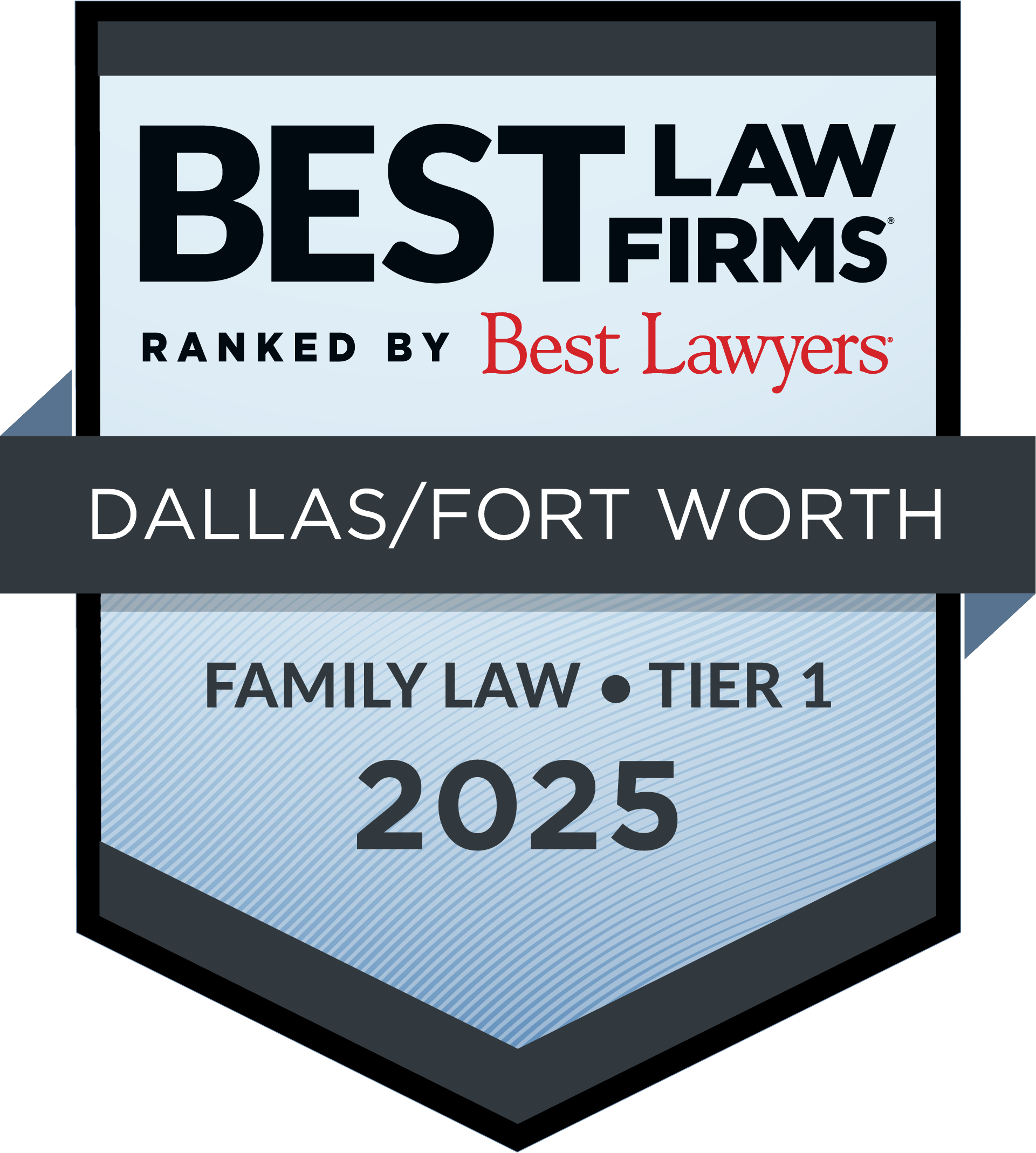
Dallas Guardianship Attorney
Supporting Guardians in Dallas, Collin, Rockwall, and Nearby Areas
If you have been named a guardian for a loved one, you may be feeling overwhelmed and unsure of where to turn. Mueller Family Law Group can help. Our team of Dallas guardianship attorneys are compassionate and knowledgeable, and we are here to help you through this process.
We understand the emotional and legal complexities that can arise when dealing with a family member's care. We can help you through all aspects of guardianship, including:
- Assistance with creating a guardianship
- Appealing a guardianship order
- Assistance with terminating a guardianship
- Obtaining family medical and financial records
- Helping with placement options for a ward
We understand that this process can be overwhelming and confusing. We are here to help you navigate the legal process and make sure your rights are protected.
Need help with guardianship? Contact our Dallas attorneys at (214) 225-6766 for a consultation today.
Understanding Guardianship: What You Need to Know
Legal guardianship is a legal arrangement in which a person, typically a guardian, is granted the legal authority and responsibility to make decisions on behalf of another individual, often a minor child or an incapacitated adult, who is unable to make decisions for themselves. This process is often employed to ensure the well-being and protection of individuals who are unable to care for themselves due to age, disability, or other circumstances. Legal guardians are entrusted with making decisions related to the individual's healthcare, education, finances, and general welfare.
Are You Prepared to Take on Guardianship Responsibilities?
Becoming a guardian means you are taking on a significant responsibility. In addition to caring for your loved one, you will be tasked with making decisions regarding their health, finances, and more.
If you are interested in becoming a guardian, you must first check to see if you are eligible. We can help you determine if you are ready to take on this role and can guide you through the process.

Hear From Our Happy Clients
At Mueller Family Law Group, your satisfaction is our priority! See for yourself what our clients have to say about working with us.
-
These attorneys are simply the best, they know what they are doing and do it well. They pay attention to their clients and provide the best advice. Whatever your needs are, they will find a way to help you and get the results you need.L.Y.
-
You have been my counselor, therapist, mentor, advisor – and most of all- my friend. I can’t imagine having gone through this process without you.J.M.
-
“Jim Mueller, and Greg Beane took on an insurmountable task. They were excellent at keeping us informed, they took on the Colorado court system with a child custody suit.”R.M.
-
R.H.
Thank you for your wisdom. You’ll never know how valuable it was to me.
Frequently Asked Questions (FAQ) About Guardianship
- How do I know if guardianship is right for my situation?
Guardianship may be the best option if a loved one is unable to care for themselves due to a disability, illness, or age-related issue. However, it's essential to consider alternatives like power of attorney or a living will. Consulting with a guardianship attorney can help you determine the most appropriate solution for your loved one’s care. - Can guardianship be revoked?
Yes, guardianship can be revoked if the ward's condition improves, or if the guardian is no longer able to fulfill their duties. Either the guardian or the ward can petition the court to end the guardianship. In cases of alleged abuse or neglect, the court may also remove a guardian. - Can someone be appointed as a guardian without their consent?
Yes, it is possible for the court to appoint a guardian for someone, even if they do not consent. This typically happens when the individual is deemed incapacitated or unable to make decisions on their own. The court will assess the situation and determine the best interest of the person in need of care.



.2504281318328.png)

.2504281323156.png)
.2504281320568.png)


